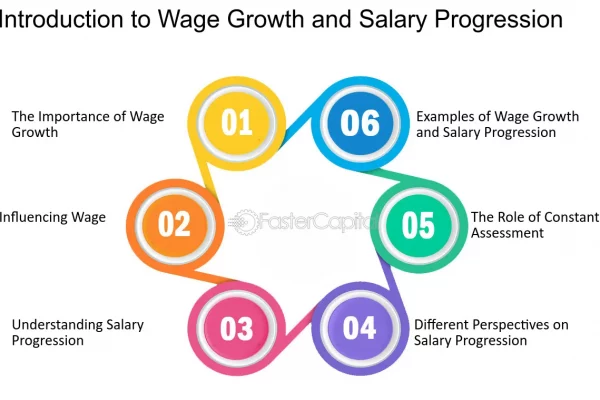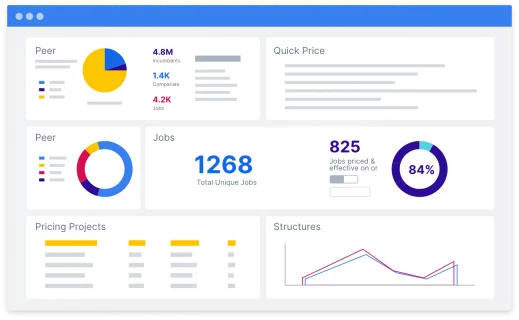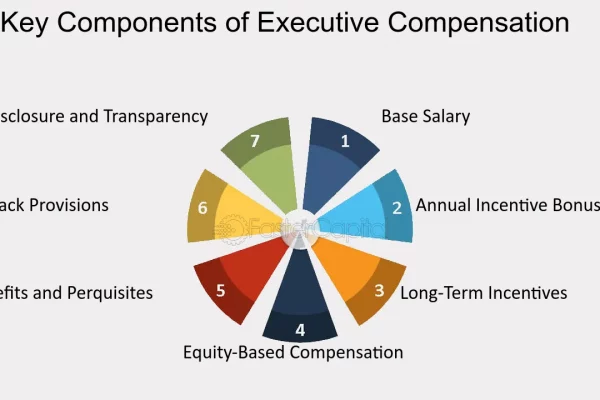
Salary Deductions Understanding What Takes a Bite Out of Your Paycheck
Salary deductions are amounts subtracted from your gross salary to cover various expenses, including taxes, social security contributions, and insurance premiums. Understanding these deductions is crucial for effective financial planning. Common Salary Deductions Understanding Your Pay Stub Your pay stub provides a detailed breakdown of your earnings and deductions. It typically includes: Tips for Managing…










